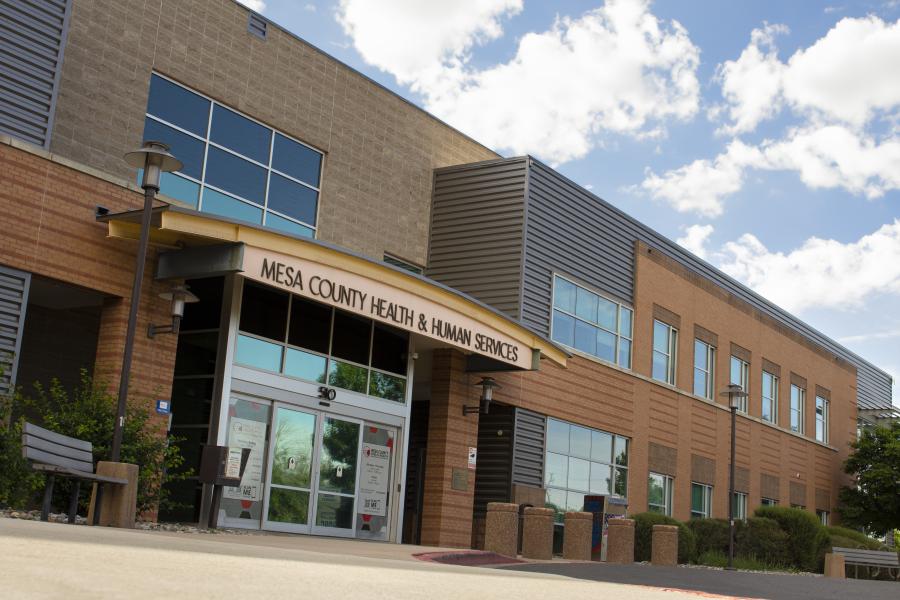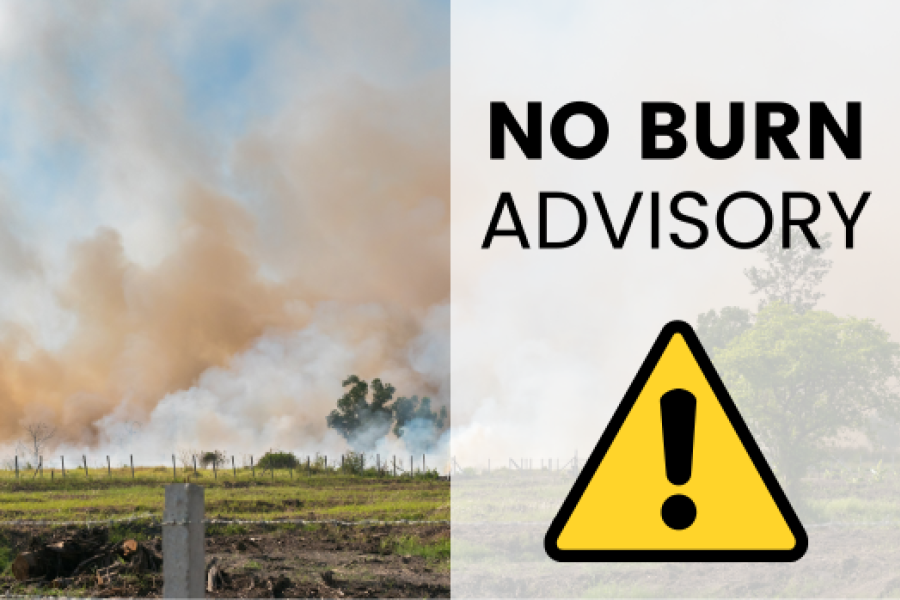Public Health
Your local public health team is here to power your life. We monitor and respond to the things that impact the health of our community and our visitors.
Main phone line: 970-248-6900
Main phone line: 970-248-6900

Welcome to our new website!
We migrated our website so our community can see all County services in one place. Please save our new website address https://mesacounty.us/public-health as a favorite.
Featured Services
Air quality conditions
Birth control refills
Birth or death certificates
Burn permits
Contact and complaint form
COVID-19 resources
Food recalls
Grand Valley Connects
Join our team
Local illnesses in the county
Newsletter sign-up
Restaurant inspections
Vaccination appointments
Vaping and tobacco prevention
WIC helps pay for groceries

No Burn Advisory for Tuesday Due to Strong Winds
Mesa County Public Health has issued a No Burn Advisory on Tuesday, May 7 from 9 a.m. to 9 p.m. because of strong winds.
May 07, 2024
Information, Press Release, Public Health

Celebrating public health nurses and their contributions to the community
We are celebrating the contributions of public health nurses for National Nurses Week. Our nurses care deeply for their patients and are experts in their fields.
May 06, 2024
Information, Press Release, Public Health
Featured Events
All EventsMay
14
Board of Public Health Meetings
Tuesday, May 14, 2024
5:00pm
Community Services Building (Human Services)
Public Meetings
Jun
11
Board of Public Health Meetings
Tuesday, June 11, 2024
5:00pm
Community Services Building (Public Health)
Public Meetings
Jul
9
Board of Public Health Meetings
Tuesday, July 9, 2024
5:00pm
Community Services Building (Public Health)
Public Meetings
Public Health
Community Services Building (Public Health)
510 29 1/2 RoadGrand Junction, CO 81504
Phone:
970-248-6900
Monday - Thursday: 7:30 am-5:00 pm
Friday: 7:30 am-12:00 pm
Mailing Address
510 29 1/2 Road
Grand Junction, CO 81504
